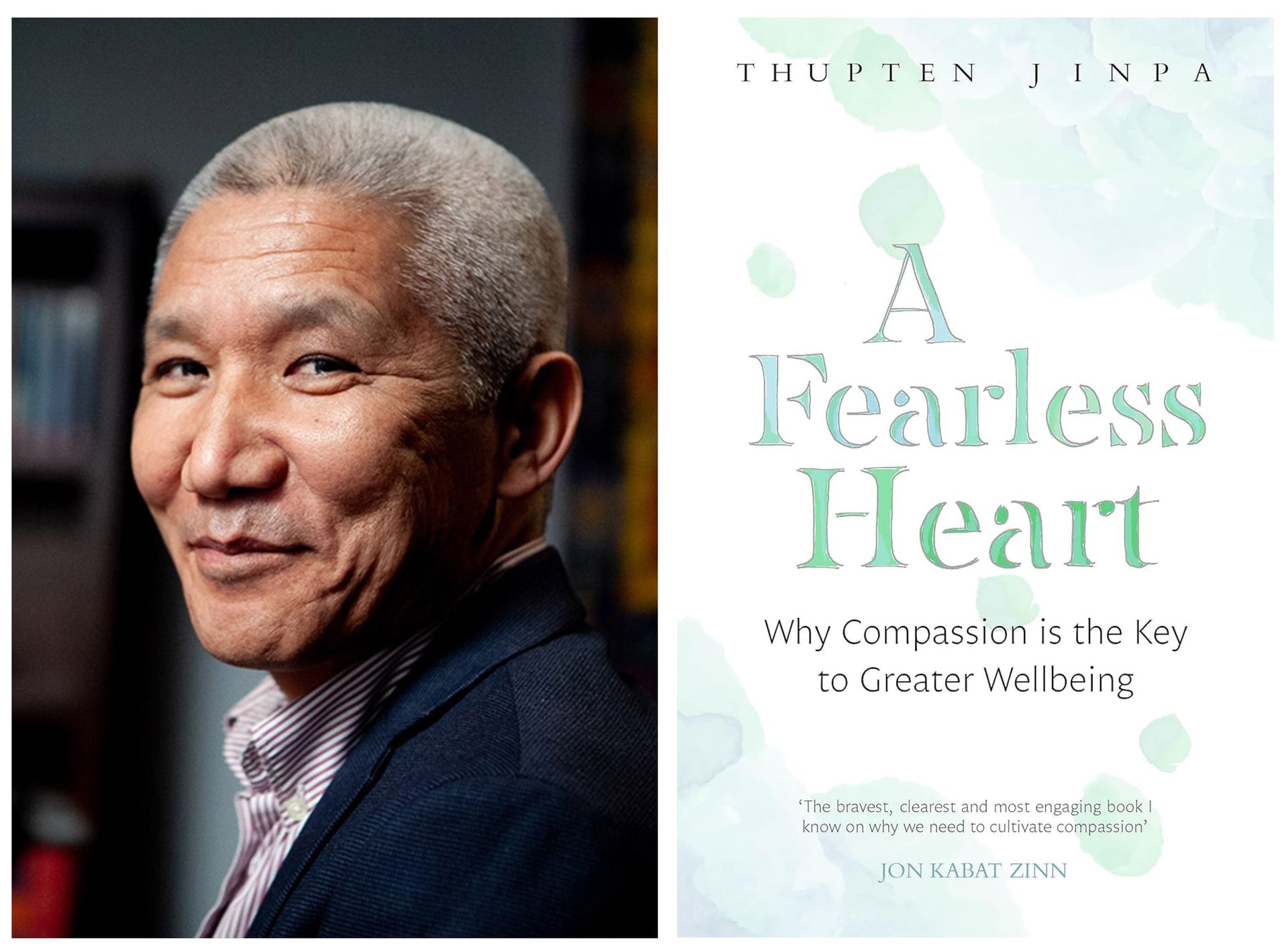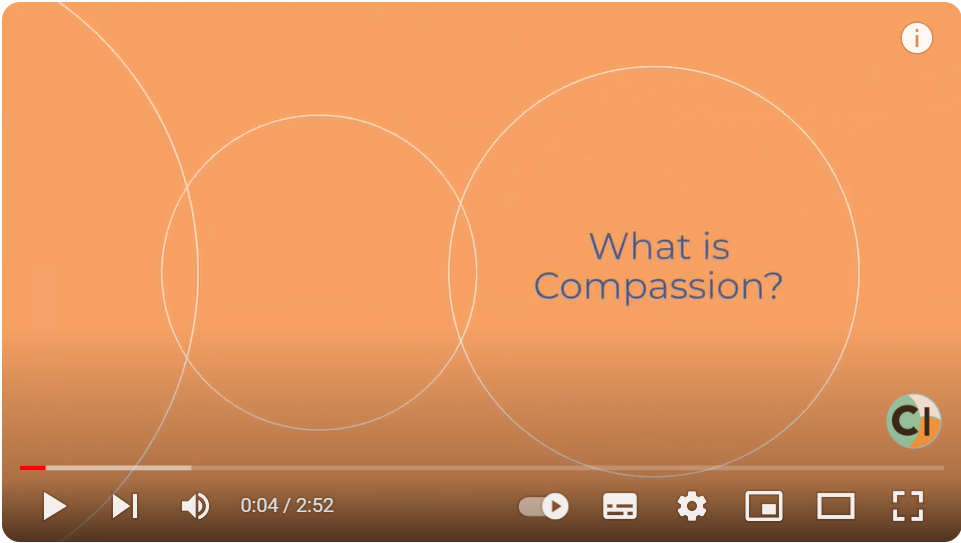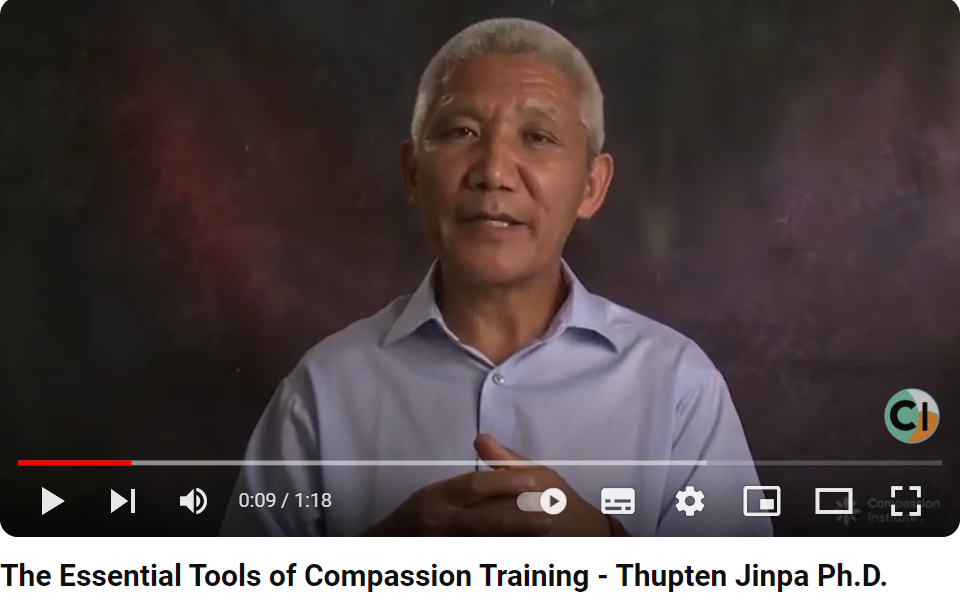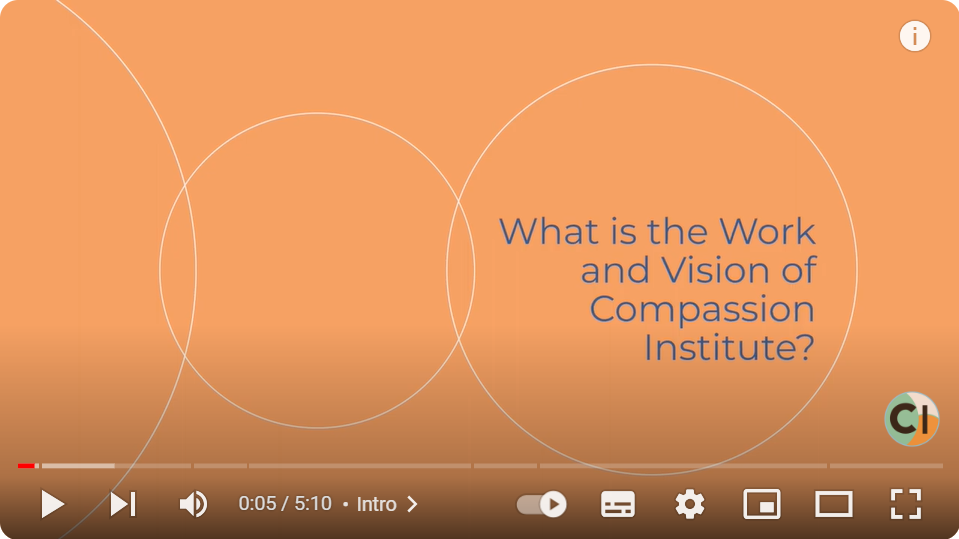Compassion Cultivation Training
"Without inner change there can be no outer change.
Without collective change, no change matters."
Angel Kyodo Williams
Compassion Cultivation Training (CCT)
Compassion Cultivation Training (CCT) was developed at Stanford University by Dr. Thubten Jinpa, English translator for the Dalai Lama and author of the acclaimed book A Fearless Heart: Why compassion is the key to greater wellbeing. The program draws on insights and techniques from psychology, neuroscience, and contemplative practice and integrates evidence-based meditation techniques, interactive discussions, as well as real-world exercises to put learning into practice. Research suggests consistent practice of CCT™ meditations can lead to:
- Increased happiness, calmness, acceptance of emotions, self-acceptance, job satisfaction, self-caring behaviour, compassion for self and others, openness to receiving compassion from others
- Decreased worry and anxiety, anger, mind wandering, emotional suppression, reports of chronic pain severity
How CCT Can Change a Company's Culture for the Better
Before CCT
Rigid, transactional leadership
High stress and burnout
Resistance to change
Workplace conflicts
Low engagement and morale
After CCT
Compassionate, empowering leadership
Improved resilience and well-being
Open, growth-oriented mindset
Increased empathy and teamwork
Higher job satisfaction and loyalty

1 | Enhances Leadership and Emotional Intelligence
- Develops Compassionate Leaders: Leaders trained in CCT become more attuned and empowering with their team, key stakeholders, and marketplace and more effective in agile, adaptive decision-making
- Psychological Safety: Leaders create the conditions for extraordinary collaboration and innovation through the neuroception of safety, and accessing the collective intelligence of others when it comes to ideas, questions, concerns and mistakes
- Strengthens Communication Skills:
Leaders become adept at transformational listening, the foundation for transformational change, and more courageous at leaning into tough conversations through compassionate candour

2 | Improves Workplace Culture and Relationships
- Encourages Psychological Safety: When employees feel safe to express themselves without fear of judgment, creativity and innovation thrive
- Enhances Teamwork & Collaboration: CCT fosters empathy, understanding, and trust, leading to stronger professional relationships
- Reduces Workplace Conflict: Employees become more emotionally intelligent and can handle interpersonal tensions with greater patience and understanding

3 | Boosts Employee Well-being and Mental Health
- Reduces Stress & Burnout: CCT teaches mindfulness-based techniques that help employees manage stress and avoid burnout
- Increases Resilience: Employees learn how to handle setbacks, criticism, and high-pressure situations with greater emotional balance
- Encourages Self-Compassion: Reduces self-judgment and perfectionism, leading to a healthier, agile, growth-mindset work environment
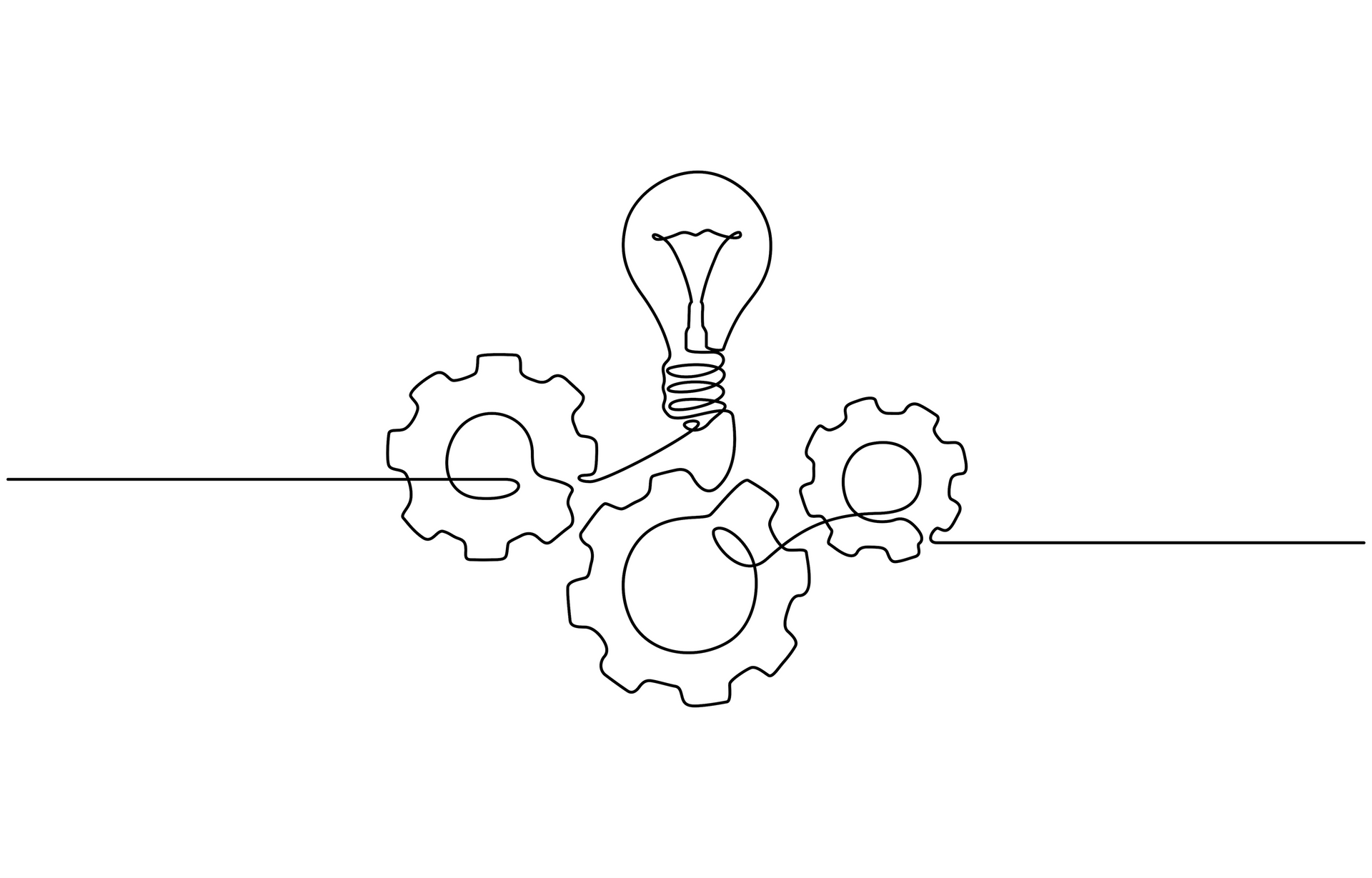
4 | Increases Employee Engagement and Productivity
- Encourages a Sense of Purpose: Employees connect more deeply with their work, increasing loyalty and reducing turnover
- Boosts Morale and Job Satisfaction: Employees feel more valued, leading to higher motivation and engagement
- Enhances Problem-Solving and Creativity:
A supportive and collaborative work environment leads to more open thinking and innovation

5 | Strengthens Organisational Resilience and Retention
- Reduces Absenteeism: Lower stress and better mental health lead to fewer sick days
- Attracts and Retains Talent: Companies that prioritise compassionate, empowering leadership and employee well-being are more attractive to top talent
- Creates a Positive Reputation:
Organisations known for their compassionate, empowering cultures are more appealing to clients and customers
About the 8 week Program
A highly interactive online group training consisting of weekly two-hour classes combined with daily meditation practices.
Week 1: Settling and Focusing the Mind
Week 2: Loving-Kindness and Compassion for a Loved One
Week 3: Compassion for Oneself
Week 4: Loving-Kindness for Oneself
Week 5: Embracing Shared Common Humanity and Developing Appreciation for Others
Week 6: Cultivating Compassion for Others
Week 7: Active Compassion Practice
Week 8: Integrated Daily Compassion Cultivation Practice
As the benefits of contemplative practice have been found to be dose-dependent, participants are encouraged to undertake 20 minutes of home practice per day during the program in order to feel the full benefit of the training.
Compassionate Cultivation Training
2026 Cohort
2, 9, 16, 23 February 2026
2, 9, 16, 23 March 2026
Times: 1800 - 2000 UK (1900 - 2100 CET)
PRICE £300 + VAT per person
Sign up for Compassionate Leader Notifications
What is Compassion?
Compassion is an innate human quality that scientific study has revealed to be very helpful to relieve stress, burnout, and other challenging life situations.
Essential Tools of Compassion Training
Compassion training offers a way to harness and apply the power of our awareness, our intention and our imagination
Compassion Institute Mission
Thupten Jinpa, Ph.D., co-founder and president of Compassion Institute, describes what the mission, work, and vision is for Compassion Institute.

Your Programme Facilitator
Mark McMordie is co-author of Mindfulness for Coaches (2017), contributor to Ecological and Climate Conscious Coaching (2023) and CEO of The Compassionate Leader. He is an experienced organization development consultant, executive coach and compassion teacher, having trained with The Compassion Institute and The Centre for Mindfulness Research and Practice at Bangor University. He has facilitated contemplative groups for over 20 years, and following articles in Coaching at Work has presented on Mindfulness, Psychological Safety & Innovation for the Association for Coaching and Institute of Coaching, as well as the International Coach Federation, and European Mentoring & Coaching Council.
Name Surname
Tamara Griffin

Compassion Cultivation Training is well structured, with the perfect blend of theory, interaction and practical application. Facilitated by Mark McMordie, whose embodiment of compassion, spiritual mastery and leadership coaching expertise, enables him to skilfully guide a group through challenging, but rewarding and enlightening experiences, opening up the perfect platform for ongoing practice outside of a supportive group setting.
If you want to a path to greater fulfilment, compassion cultivation training offers a route towards it, and having Mark as your guide will make the experience all the more rewarding.
Name Surname
Rita Symons | Enhance Coaching and Consultancy

The programme was timely for me as I wanted to explore and embed a meditative practice. The programme was beautifully constructed with just the right blend of theory, practice and group interaction, delivered with kindness but precision. The group was amazing, and the deep connection was so joyous.
Mark's facilitation was skilful, and he guided us through the journey, absolutely modelling the compassion we were seeking to enhance. Would very much recommend this programme to anyone. Very much work in progress, but it has left a permanent imprint.

